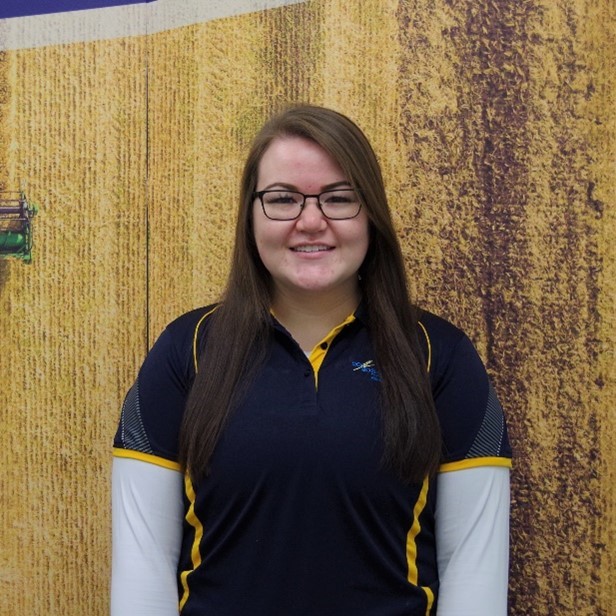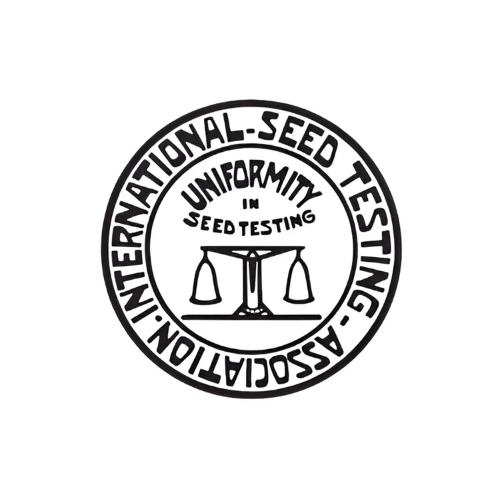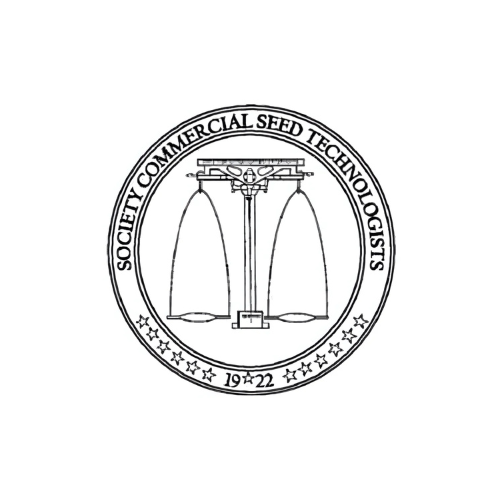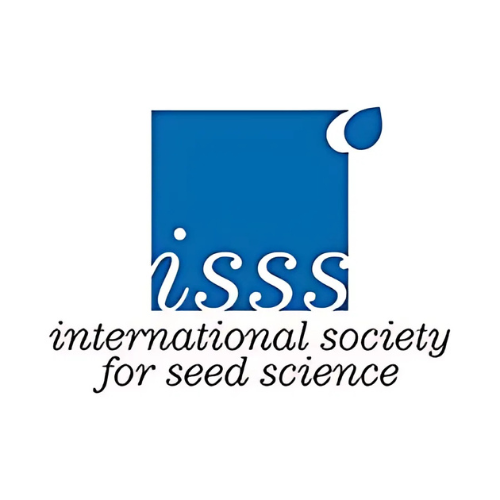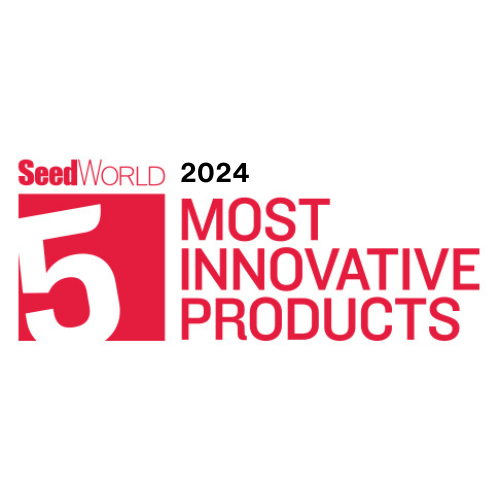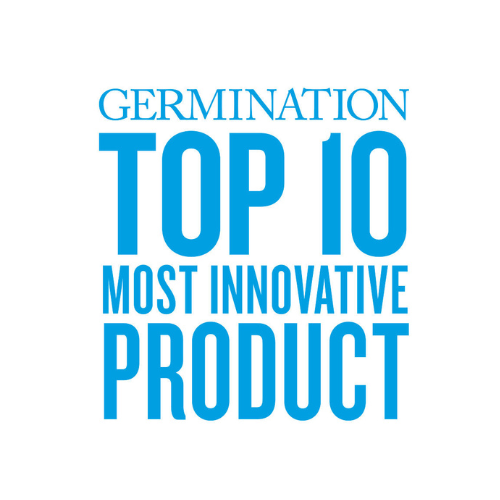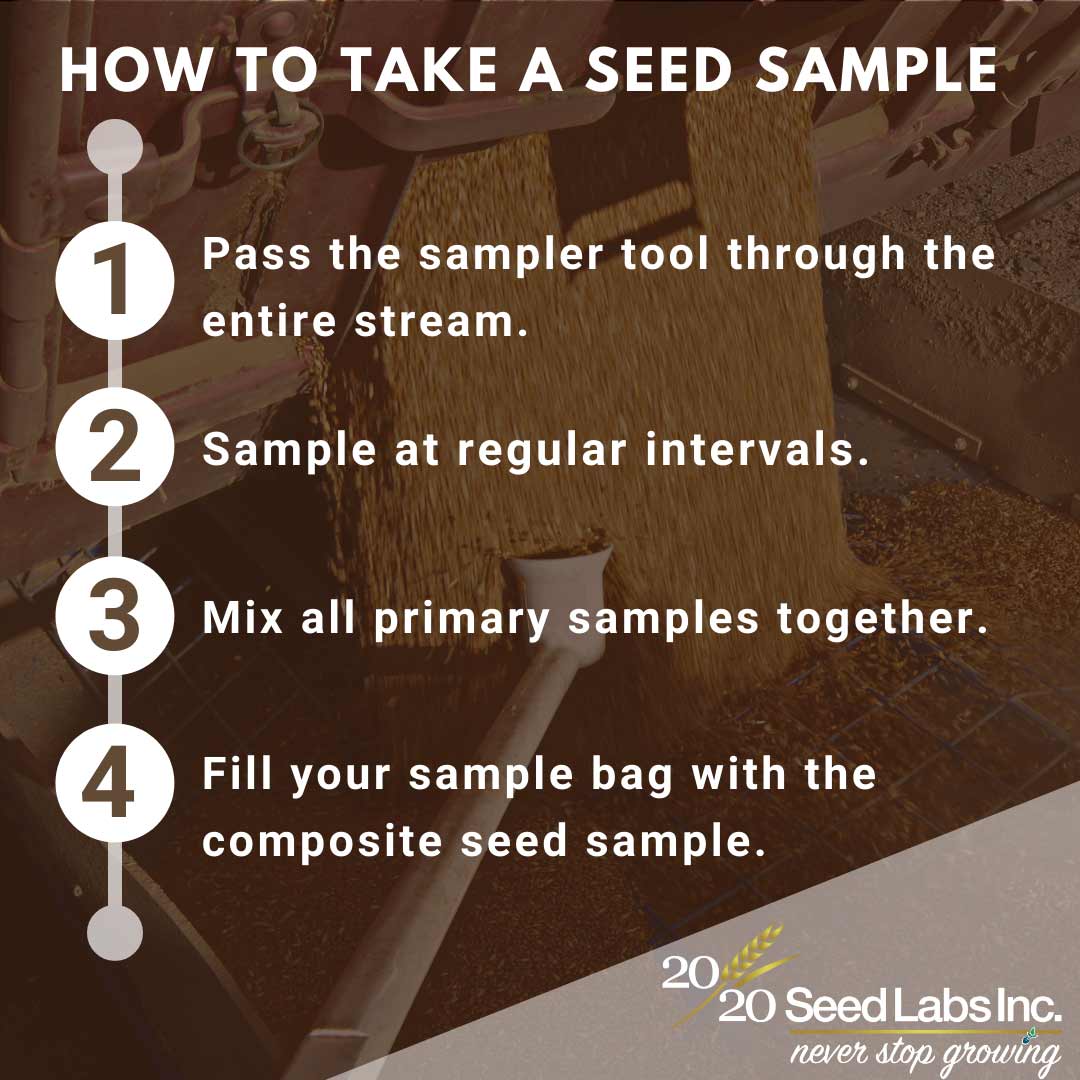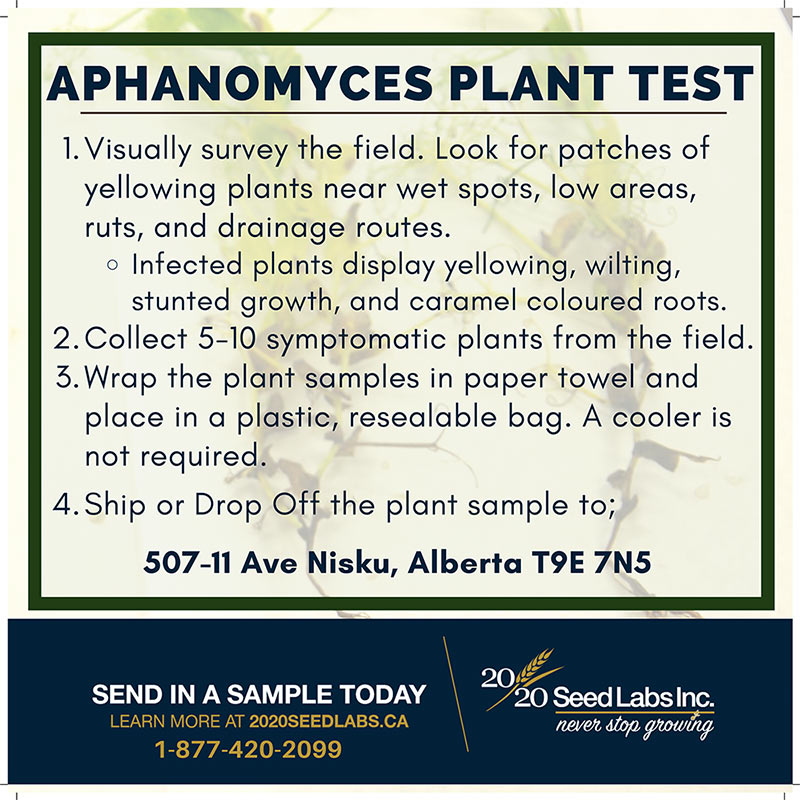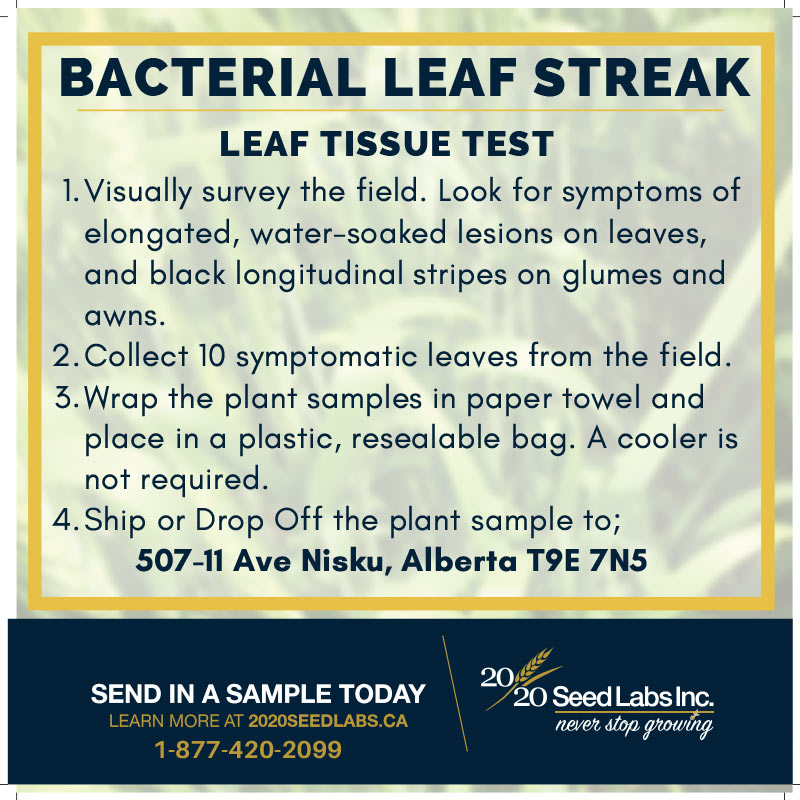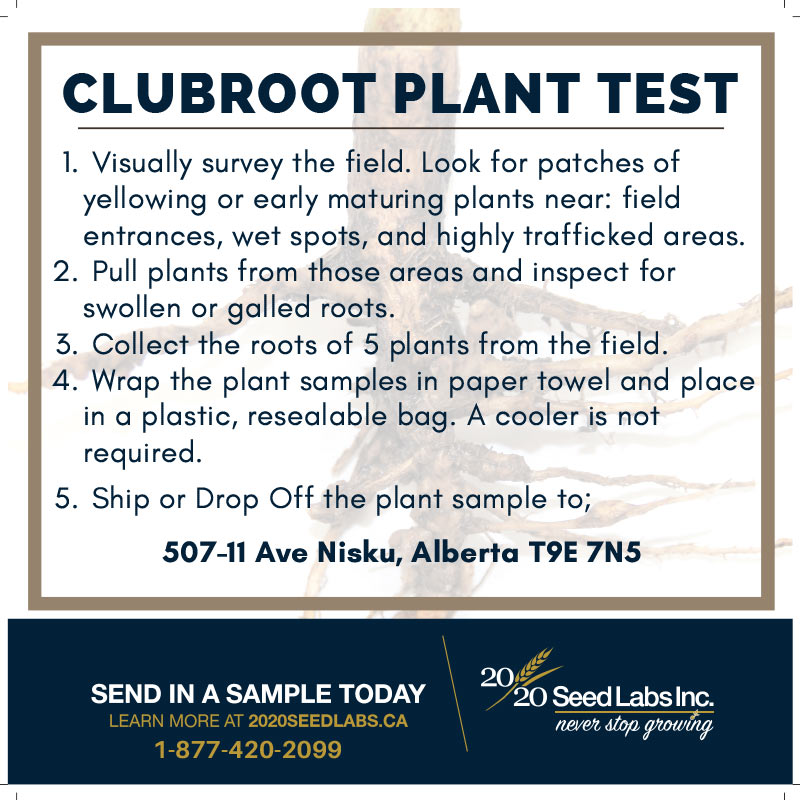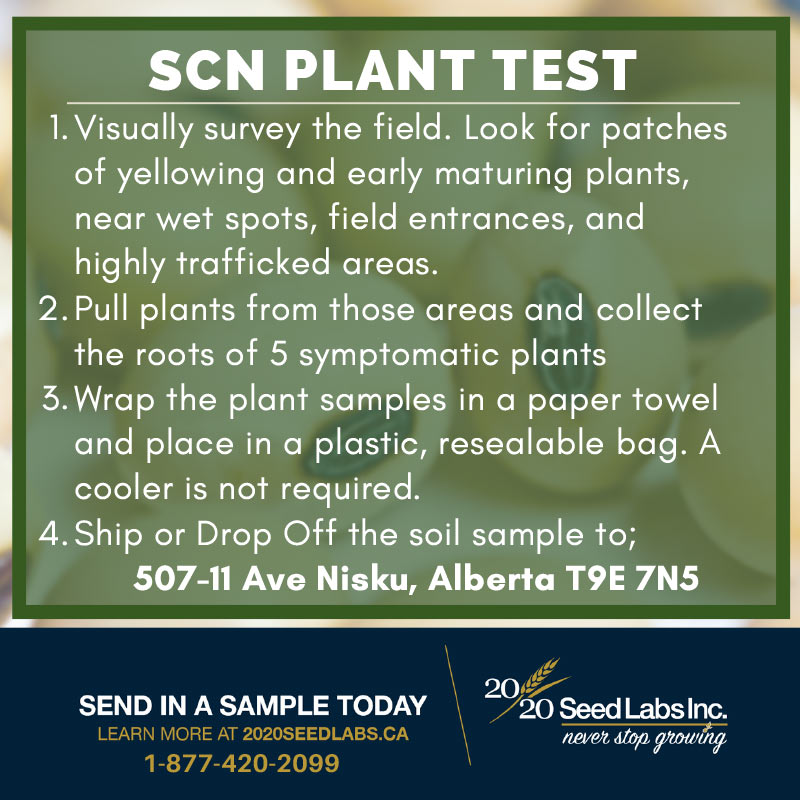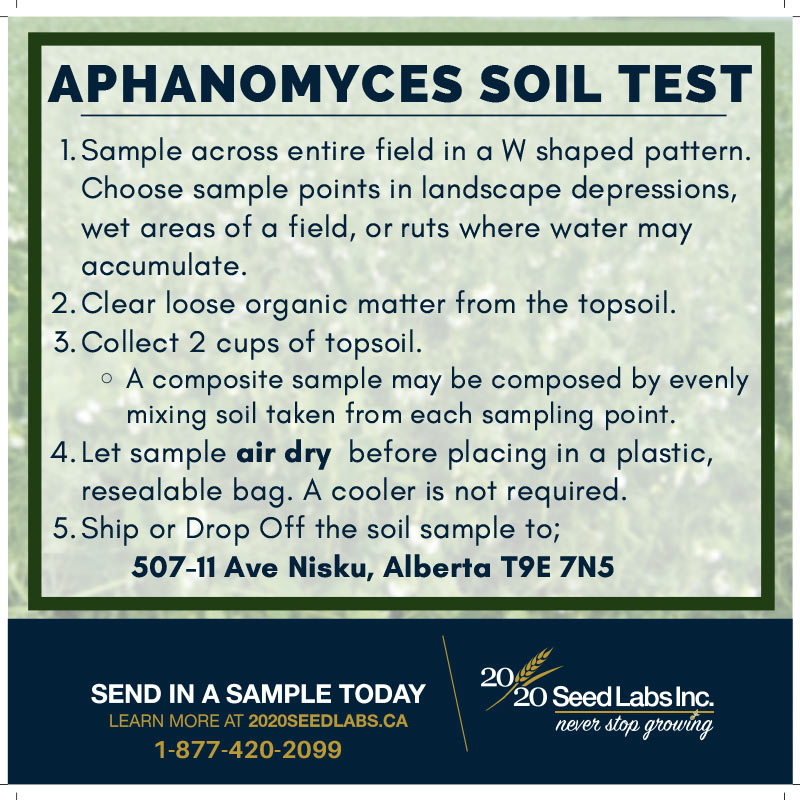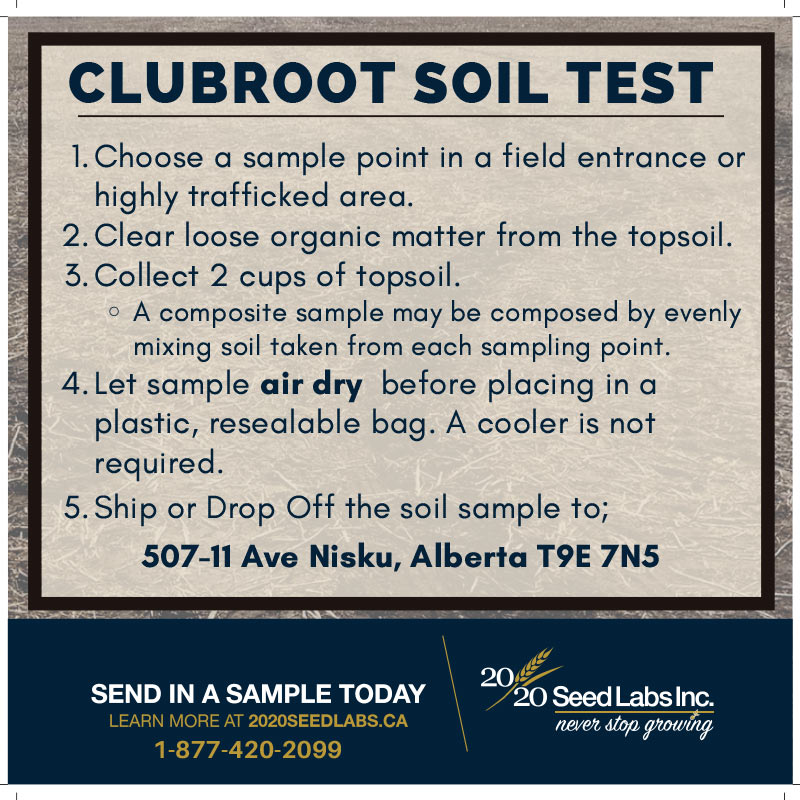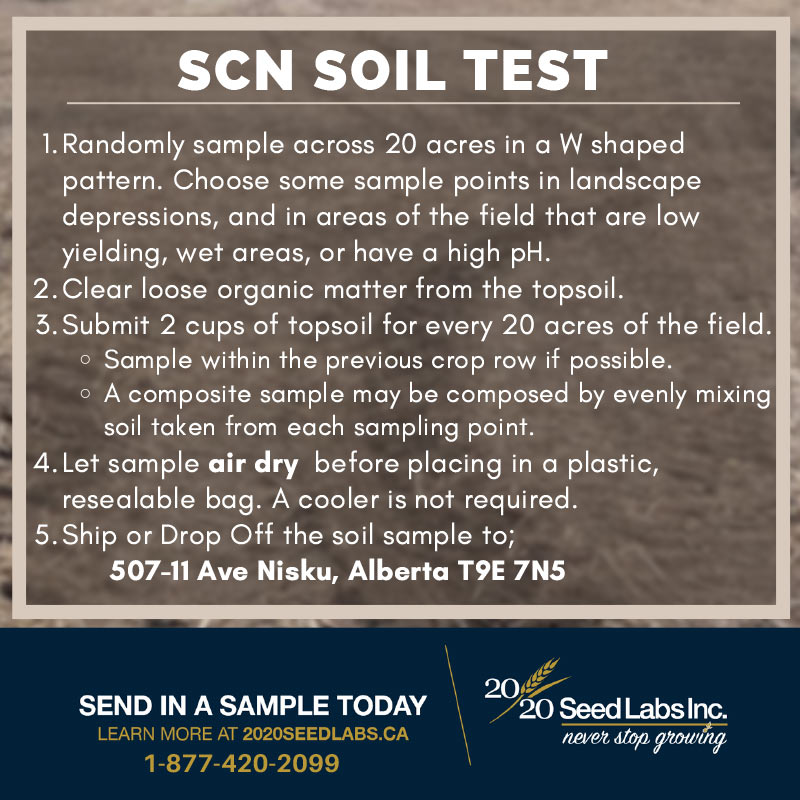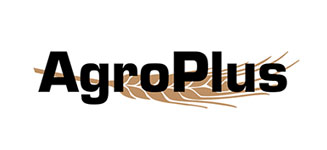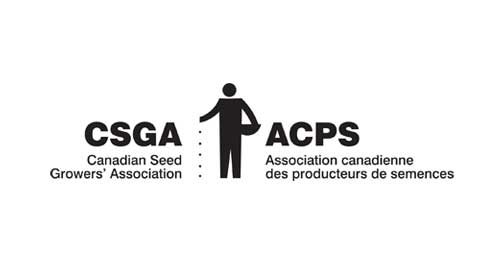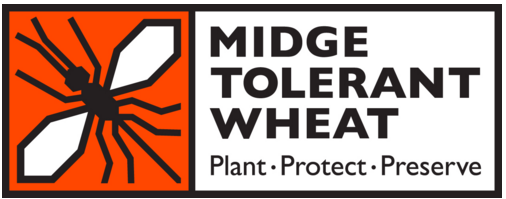Molecular Diagnostics
20/20 Seed Labs Inc. Molecular Diagnostics Department delivers advanced diagnostic services to support agriculture across North America. Our highly trained molecular diagnosticians specialize in providing accurate, timely testing on seed, soil and plant samples, helping growers and agronomists make confident data-driven decisions.
Molecular Services
-
Lynx is 20/20 Seed Labs Inc.’s expertise in molecular based testing services. The company operates out of Nisku, Alberta to service North American trade of agriculture Commodities, identifying Genetically Modified Materials in our Customers Supply Chain.
About the Partnership
Results are reported under Lynx Diagnostic Inc. It is a partnership between 20/20 Seed Labs Inc. and ScanBI Intertek to pool, develop, and provide molecular biology-based diagnostic services for agriculture in North America.
Our capacity includes:
- Testing for gene fragments common to multiple transgene constructs.
- Specific identification of transgene events within host plant DNA.
- Proprietary testing according to IP-holder approved protocols and proficiency.
- Qualitative and quantitative testing on bulk seed, food, feed, and processed variations.
- Hybridity/Zygosity testing on single seed and leaf tissue.
What we test:
- Commonly Tested Crops: Canola, Alfalfa, Corn, Flax, Soybeans, Cereals, and Pulses.
- Able to test food, feed, and processed variations.
Please call our lab for more GM testing details and how to submit a sample.
-
20/20 Seed Labs and Lynx Diagnostics offers 3 different testing options for Clubroot in plants and soil, each designed to specifically meet your testing needs. All 3 of our testing options specifically identify Plasmodiophora brassicae.
-
7-day qualitative test
- This test is recommended for use on both plants and soil. Results for this test are reported as Detected or Not Detected and used to confirm the pathogen ID at levels sufficient to cause disease.
-
3 day and 1 day rush, semi-quantitative test
- This test is only available on soil and results are reported as Detected, Trace Detected, or Not Detected
Results Interpretation
-
Qualitative Results
- Detected = Clubroot is present at levels greater than or equal to the threshold for disease
- Not Detected = Clubroot is NOT present at levels greater than or equal to the threshold for disease
-
Semi-Qualitative Results
- “Not Detected”: 0-10E2 spores/g soil
- “Trace Detected”: 10E3 -10E4 spores/g
- “Detected”: >10E5 spores/g clubroot present at sufficient levels to cause disease in susceptible host under ideal environment conditions.
-
-
20/20 Seed Labs Inc. offers qualitative DNA testing on both plants and soil for Aphanomyces euteiches – the pathogen responsible for aphanomyces root rot. For plant samples only, this test can be included in the pulse root rot testing package that is offered in conjunction with our Disease department that specifically looks for multiple pathogens associated with the root rot complex.
- The pulse root rot package includes a DNA test for Aphanomyces euteiches and a microbiological plate test for Aphanomyces euteiches, Fusarium species , Rhizoctonia solani, and Pythium species In addition to the plate test, our highly trained pathologists will examine the plant tissue for visual symptoms of disease and make microscope slides and examine the tissue for specific structures or spores that indicate the presence of a pathogen found in the root rot complex and include this on the Report of Seed Analysis.
For soil samples, we offer a qualitative DNA soil test that provides Detected or Not Detected results at greater than or equal to the threshold for disease.
-
Wheat midge (Sitodiplosis mosellana) is a field pest that is known to cause significant damage to wheat crops in Western Canada. A single known midge tolerant gene (SM1) is present in tolerant Canadian wheat varieties.
Midge Tolerant Wheat is sold as a Varietal Blend (VB) where 90% of the seed lot is a midge tolerant variety and 10% is a midge susceptible “refuge” variety. For example, in AAC Wheatland VB, 90% of the seed lot is the AAC Wheatland variety which contains the SM1 gene, and 10% is AAC Brandon which is the susceptible variety. The 10% refuge level has been determined to be optimal in protecting both the plant genetic resistance and crop yield in the event of a midge infestation.
The testing methods used at 20/20 Seed Labs is overseen by relevant authorizing bodies and has passed proficiency testing for wheat midge refuge determination. PCR (polymerase chain reaction) testing techniques are used to determine the percentage of Midge Tolerant Wheat and wheat midge refuge in the seed sample.
20/20 Seed Labs Inc. is continuously working with industry partners, wheat breeders, and seed growers to develop and validate testing for new varietal blends on the market. Refuge testing and stewardship of Midge Tolerant Wheat is vital to protecting the effectiveness of the SM1 gene against the wheat midge pest.
-
Originally developed by the Canadian Grain Commission, our varietal identification test (VID) individually analyzes a minimum of 7 kernels of durum, wheat or barley according to certain markers in their DNA. When the information from these markers is put together, this creates a genetic fingerprint comparable to a barcode. Each variety generates a distinct fingerprint that we can use to identify the variety of the seed tested.
Currently our capacity includes testing Western Canadian Varieties of Wheat, Durum, and Barley.
20/20 Seed Labs Inc. is continuously working with industry partners, breeders, and seed growers to develop and validate testing for new varieties of various crop kinds.
-
20/20 Seed Labs offers a DNA test that uses PCR techniques in order to detect Fusarium graminearum in seed. The advantage to the DNA test is its sensitivity and quick turn-around time. Not only can the DNA detect low levels of systemic infection, it can also detect surface level contamination that may have resulted from late season infection. The DNA test is ideal for areas where Fusarium graminearum is not known to be present and can be used as an early warning system.
PCR cannot be made quantitate to the per cent seed infected standard used to assess desirability for planting. If you are in an area with a known history of fusarium, it is recommended to get the plate test offered by our Disease department in order to determine the per cent of seed that is infected. Additionally, we strongly recommend you follow up a positive DNA result with a plate test in order to determine what percentage of seed is infected and choose a management plan accordingly.
-
20/20 Seed Labs Inc participates in proficiency testing with the Canadian Grain Commission and offers Flax Testing Services to detect the presence of CDC Triffid (FP967).
For Triffid testing, please submit 1 kg of flax seed for 1 replicate, and 2.5 kg for 4 replicates (required for seed export).
Tech Bulletin
Contact
For more information on molecular testing options and resources please contact Holly Hamilton.

We specialize in germination, physical purity and plant and seed health testing to the agricultural industry.
We are accredited by the International Seed Testing Association (ISTA) and fully accredited by the Canadian Food Inspection Agency (CFIA) and the Canadian Seed Institute (CSI) to test and grade seed. We also offer a wide variety of other tests including vigour, viability, moisture, seed weights and bioassays to establish seed and plant quality. We focus on detail, and issuing a diagnostic profile that can provide useful information critical to the end-user of the product.
Cereal Testing Packages
Basic Package (DNA)
Basic Plate
Standard Package (DNA)
Standard Plate
Premium Package (DNA)
Premium Plate
Professional Package
Cereals
Germination
Vigour
Fusarium (DNA)
Fusarium (Plate)
1000 Kernel Weight
Fungal Screen™
Smut
Tetrazolium Chloride
Pulse Testing Packages
Basic Package
Economy Pulse
Standard Package
Premium Package
Professional Package
Pulse
Germination
Vigour (pea)
Vigour (other pulses)
Ascochyta
Complete Disease
Tetrazolium Chloride
Other Frequently Requested DNA & ELISA Tests:
Aphanomyces root rot of peas & lentils
Blackleg of canola DNA, Plate & KASP
Clubroot of canola soil & plant tissue
Varietal ID of cereals
Vomitoxin of cereals
Sample Drop-off Locations:
Agro Plus Inc.
3895-9th Avenue North
Lethbridge, Alta
T1H 6G8
+1-403-327-7070
Down to Earth Labs
3510-6th Avenue North
Lethbridge, Alta
T1H 5C3
+1-403-328-1133
Independent Crop Inputs Inc. – Taber
Hwy #3, 2.5km East of Barnwell, Alta
Box 4690,
Taber, Alta
T1G 2E1
+1-403-223-1325

